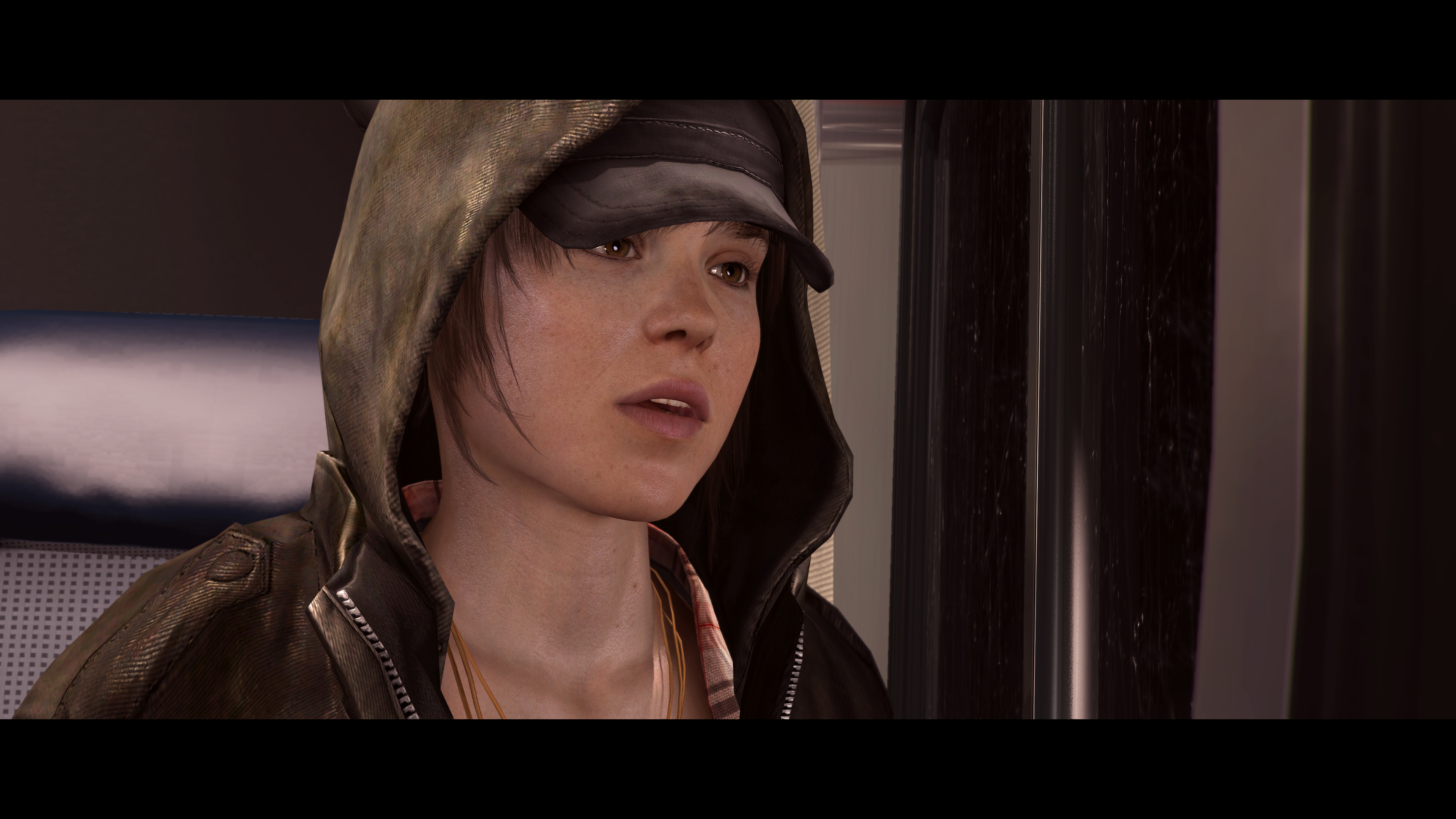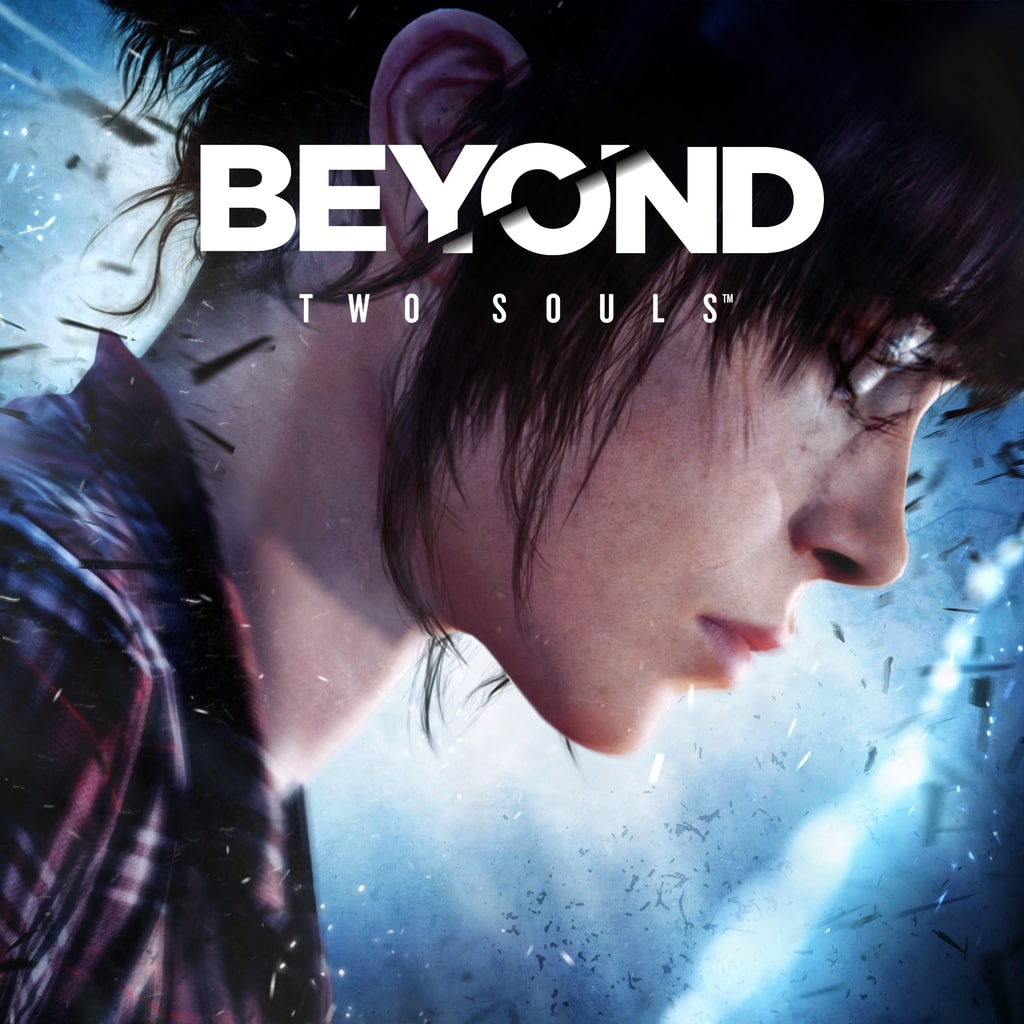
There are four main time periods: Jodie as an eight-year-old girl being looked after by foster parents and a government scientist played by William Dafoe, Jodie’s teenage years at the same facility, her inexplicably bizarre recruitment by the CIA to work as an astral-projecting assassin, and her time on the run from her former employees.Īctually, there may be far more than that but you’ll probably never notice thanks to the impressively committed performance from Ellen Page as Jodie. The game’s story is told in flashback, but not in chronological order as Jodie tries to piece back her memories after the main events of the game. You play both roles though, controlling Aiden from a first person view where he can effortlessly float through walls and interact with highlighted objects – but only within a short distance of Jodie. Jodie doesn’t know who or what ‘Aiden’ is and, it’s implied, neither does Aiden. She has a mysterious poltergeist-like companion who’s been with her since birth and is fiercely, and jealously, protective of her. Ben "Yahtzee" Croshaw of Zero Punctuation was heavily critical of the game, focusing on the overuse of quick time events, the underuse of the game's central stealth mechanics, and the inconsistent tone and atmosphere, comparing playing the game to "watching any normal film and pressing the pause button every two seconds".Now available for the PlayStation 4, with even better graphics, the basic premise of the story involves a troubled young woman named Jodie. Destructoid criticized the game's thin character presentation and frequent narrative dead ends, as well as its lack of meaningful interactivity. Joystiq criticized the game's lack of solid character interaction and its unbelievable, unintentionally silly plot. Praise was also generally given toward the elaborate motion capture, interactive storytelling mechanics, emotional soundtrack, and ability to appeal to non-gamers. Critics praised Page's character portrayal of Jodie Holmes and Dafoe's performance as Nathan Dawkins, as well as the amount of technical details in the game's animations and graphics. Metacritic described its reception as "mixed". Very inconsistent tones all throughout the game.īeyond: Two Souls received polarized reviews upon release. Parts of the game are meant to be a horror story, others are a spy thriller, a military thriller, plus whatever sort of genre the homeless section fits into.


The only variation is whether or not the poor fool is aware of Jodie's powers, and only a few haven't at least heard about them.

The Party scenario is considered to be the weakest and most mean-spirited.Some unintentionally funny moments like when Nathan just decides to kill himself and Jodie seemingly brushing it off like it was nothing.Multiplayer is awkward and unnecessary, as one player control Jodie and the other controlling Aiden, but you have to switch turns like the Single Player version.Fortunately, the PS4 version lets you choose whether you want to play in chronological order or original order.

This is something that could've worked since other media like the film Memento did something similar, but the way the game is laid out makes it disjointed and confusing. The game is intentionally played out of order, which can cause scenes to lose tension because we already know what happens like when Jodie and her team have to sneak into a base, but the scene prior is Jodie and her team being interrogated.


 0 kommentar(er)
0 kommentar(er)
